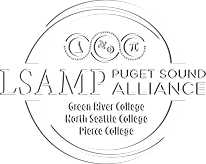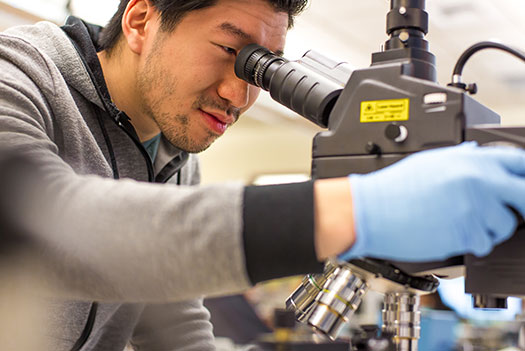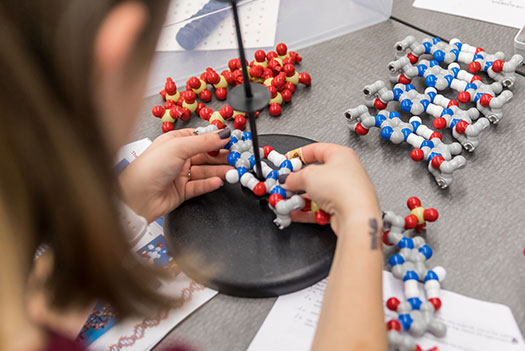LSAMP
Welcome to LSAMP!
Louis Stokes Alliance for Minority Participation (LSAMP)
LSAMP is a federally funded program across campuses and universities in the US that aims to support *underrepresented (BIPOC and QTBIPOC) students in the sciences, technology, engineering, and mathematics.
*Underrepresented students include those who identify as Black/African American, Latinx/Hispanic American, American Indian, Alaska Native, Native Hawaiian, Native Pacific Islanders and Filipino. Representation in STEM fields for these groups is much lower than it should be based on the ethnic composition of our general population. Please review the NSF website for more information.
LSAMP Goals
- Provide resources to BIPOC & QTBIPOC students in STEM, including academic advising, financial support, student connection, and a study space
- Create an environment conducive to learning and sense of belonging for BIPOC and QTBIPOC students in STEM
Join the LSAMP Cohort!
LSAMP members gain access to the following:
- LSAMP Academic Advising
- Navigation and Referral Services to Campus and Community Resources
- Paid STEM research opportunities, funding for conferences
- STEM Scholarship and Internship announcements
- Peer and STEM Faculty Mentorship Opportunities
- Cohort meetings, webinars, field trips, and networking events
- LSAMP Lounge (HS-2535A, 9-3PM M-Th)
Contact Info :
- Email: LSAMP.North@seattlecolleges.edu
- Phone: 206-934–4641
- Location: HSSA 2535A – second floor of the Health Sciences and Student Resources building
- In-person services: Monday – Thursday, 9AM to 3PM
- Virtual services: Monday – Friday, 8AM to 4:30PM
The Lounge and our offices are open to all students, regardless of enrollment in LSAMP! Come chat with an LSAMP representative to learn more about the program, make yourself a warm drink, or enjoy a welcoming space to study.
Not in college yet? Email us for an appointment!
The LSAMP Puget Sound Alliance is funded by the National Science Foundation. This material is based on work supported by the National Science Foundation under award number NSF-HRD-2009170. Any opinions, findings, and conclusions or recommendations expressed in this material are those of the author(s) and do not necessarily reflect the views of the National Science Foundation.







